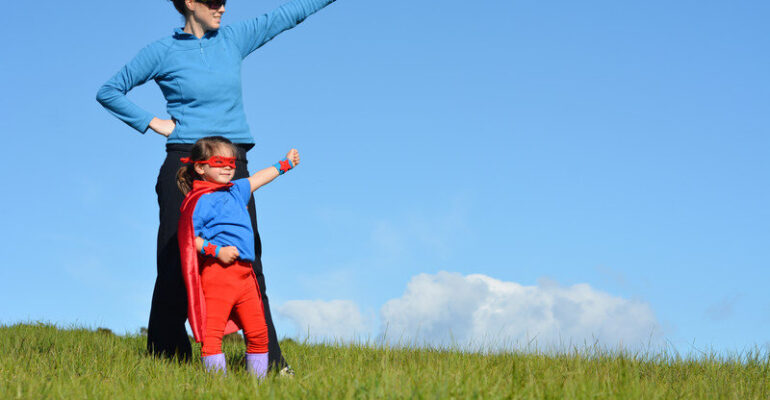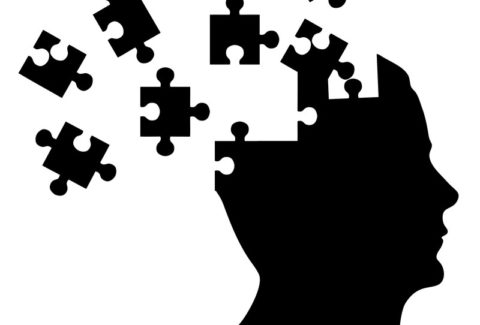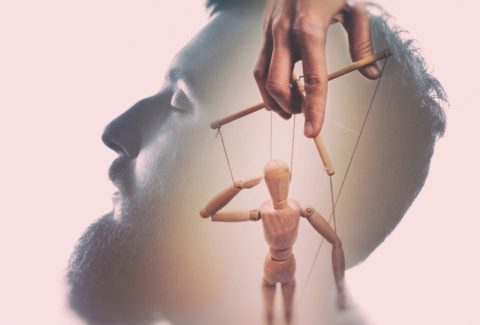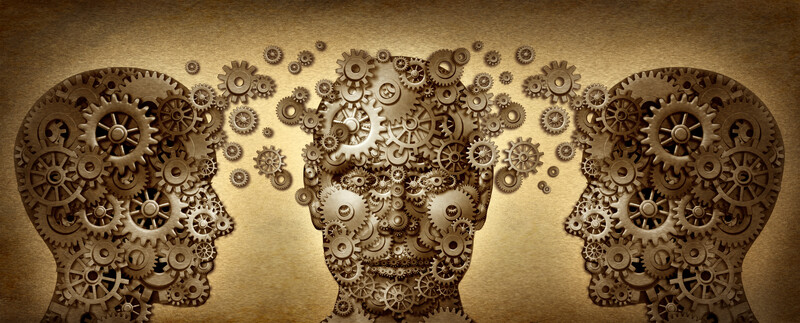Modeling: Our Shared Function
The First Lady of “Civil Rights,” and the Mother of “The Freedom Movement,” Rosa Parks, once said, “Each person must live their life as a model for others.”
Modeling is the act of bringing into a desired condition. As a model for ourselves and others, we are bringing into a desired condition for ourselves and for others. Does that also mean when we are not “bringing into a desired condition,” we are not modeling? Well, it depends. Let us take a closer look:
In 1961, the greatest living and fourth most cited psychologists of all time, Albert Bandura, designed the famous Bobo doll experiment. In this study, 73 children from ages three to five were asked to watch a few adults interact with a series of toys, including an inflated Bobo doll. After the observation, the children were asked to play, and those who had witnessed aggressive play from a group of adults modeled the same; while, those who had witnessed quiet play also modeled accordingly, in their play. It seems as if, while modeling entails bringing into a desired condition, those who are modeling may not necessarily be always bringing into a desired condition.
The famous Bobo doll experiment showed those results not only because the subjects were just children. What adults do, serves as a template not only for children, but for other adults, as well. We are always modeling each other and for each other, without even realizing it. In fact, Neuro-Linguistic Programming, also known as the Science of Life, has a series of specialized techniques derived from studying experts in various fields so that anyone can learn to consciously model after them.
This also means the following:
-
We are always modeling
-
We are modeling even when we do not know that we are, even when we are not choosing to, or even when we might not want to
-
We model both for ourselves and for others, and we do so at every level of our being, through our thoughts or feelings; through our behaviors or habits; and through our attitude and belief systems
-
The effect of our modeling depends on which system-based thinking we are making use of. Illusion-based thinking can lead to only Illusion-based effects, which are then the only basis for modeling for ourselves and for others. On the other hand, Reality-based thinking can lead only to Reality, in which case, it then becomes the sole basis for modeling for ourselves and for others.
To model in such a way that will bring into a desired condition, therefore, requires Reality-based thinking. For knowing what Reality is will then help us recognize what type of model we are being for ourselves and for others. For example, Reality is Harmony, it’s Love, it’s Forgiveness, Peace, and it’s Freedom. As such, each time any of those is absent, it may be a sign for us to recalculate. For, in Reality-based thinking, the absence of those elements means the expression of disharmony, of attack thoughts, of projection, and of looking through the lens of the past, or of complaining.
We are all here to model. There is no exception to this rule, and that is what makes it Reality-based thinking. It also means we cannot not fulfill this function. It’s a shared function, it is through our Natural Blueprint, and it is as spontaneous as our function of breathing or heartbeat. The question then becomes how are we modeling; what type of model are we being; and how aware are we of our way of modeling.
On 12/17/2020, we will continue to go deeper into the topic of Reality as part of our Psychotherapy Certificate Course. Are you ready to delve deeper and enhance how you model for yourself, for others, and for the world?
We look forward to seeing you then,
Karen and Mardoche
About the Authors:
Karen Dubin-McKnight, PhD, LCSW, is a Columbia-trained Social Worker with wide clinical, teaching, and supervision experience. She also has a background in management, mentorship, and leadership that spans almost 20 years. Her added passion is in advocacy, coaching, public relations, and mediation. Her goal is to ensure that social workers and women feel empowered and have a voice “at the table.” She has previously held Executive level positions, and two other directorships in different organizations. She is currently Adjunct Faculty at Columbia University School of Social Work and Adelphi University School of Social Work. She also maintains a private practice, working with individuals who have experienced loss and trauma, and also provides clinical and management supervision. She is the Co-Founder and COO of the SWEET Institute.
Mardoche Sidor, MD is a Harvard-trained Quadruple Board Certified Psychiatrist, Assistant Professor of Psychiatry at Columbia University, School of Physicians and Surgeons. He is trained in and taught all the major psychotherapeutic modalities, including and not limiting to CBT, DBT, Family Systems, and Psychodynamic Psychotherapy. He is also the author of 3 books including Journey to Empowerment; Discovering Your Worth; and The Power of Faith. Dr. Sidor has worked both as a primary care physician and as Medical director in three different settings, including as Chief Medical Officer of Center for Alternative Sentencing and Employment Services (CASES). He is the Founder and CEO of the SWEET Institute.









